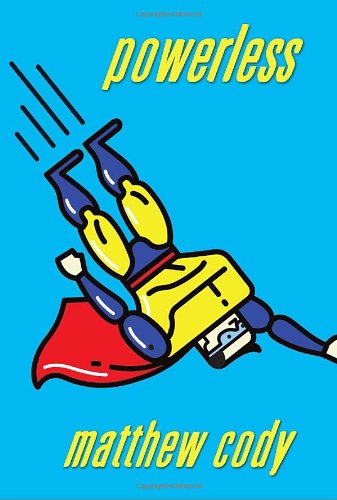 When Matthew Cody told me his book was Powerless, I proved the importance of a good book cover by affirming that it was indeed the book with the blue cover and the superhero flying down. From there we starting talking about Book Expo America itself, where I had found the book promotion on the floor focused strongly on dark and dystopian titles, making it difficult to even locate lighter middle-grade books. I’d say that this is the grain of truth in that Wall Street Journal article BUT this was a week before it hit the Internet, so we get full credit for our subsequent discussion.
When Matthew Cody told me his book was Powerless, I proved the importance of a good book cover by affirming that it was indeed the book with the blue cover and the superhero flying down. From there we starting talking about Book Expo America itself, where I had found the book promotion on the floor focused strongly on dark and dystopian titles, making it difficult to even locate lighter middle-grade books. I’d say that this is the grain of truth in that Wall Street Journal article BUT this was a week before it hit the Internet, so we get full credit for our subsequent discussion. In talking about this trend with these two middle-grade authors, I came to find out that both of them had new titles that fit the current tone. From there we had a fascinating conversation, one that I simply had to replicate as best possible for the Summer Blog Blast Tour. Readers here will miss a bit more of the line-by-line conversation of our barroom discussion, but will also be fortunate not to be be shouting said conversation over a throbbing bass line.
Both of you moved to darker novels in middle-grade from your debuts. How did that transition happen for you?
MC: This may sound odd, but when I was looking at doing a follow-up to Powerless, I went darker because I had a desire to do something actually more traditional. I say that may sound odd because when most people think of middle grade — or children’s novels as they were once called — they don’t think about them as dark, but the long history of children’s literature is filled with some very dark stuff, indeed. The unsanitized Grimm’s fairy tales, Alice in Wonderland. These stories are downright creepy in places.
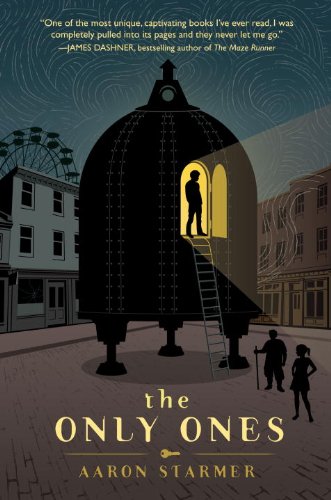 AS: When I was writing The Only Ones, I just had an urge to create something slightly more mature. I wanted to take innocent characters and drop a monumental problem in their laps. The apocalypse! The stewardship of the earth! Because when I was twelve or thirteen, just inching past my innocent but curious phase, every problem was the apocalypse to me. I was thinking about mortality for the first time, and it was terrifying and I felt that my life could be derailed at any moment. It was tragic stories that helped me deal with those feelings. The Pigman. A Separate Peace. Where the Red Fern Grows. They weren’t blood and guts tales, but they were shocking and sad and they had a cathartic effect. My logic wasn’t perfect, but it went like this: If the terrible things happened in the books, then they might not happen in life. And if they did, I might be a little more prepared for them.
AS: When I was writing The Only Ones, I just had an urge to create something slightly more mature. I wanted to take innocent characters and drop a monumental problem in their laps. The apocalypse! The stewardship of the earth! Because when I was twelve or thirteen, just inching past my innocent but curious phase, every problem was the apocalypse to me. I was thinking about mortality for the first time, and it was terrifying and I felt that my life could be derailed at any moment. It was tragic stories that helped me deal with those feelings. The Pigman. A Separate Peace. Where the Red Fern Grows. They weren’t blood and guts tales, but they were shocking and sad and they had a cathartic effect. My logic wasn’t perfect, but it went like this: If the terrible things happened in the books, then they might not happen in life. And if they did, I might be a little more prepared for them.Where do you think the line is or should be from middle-grade to Young Adult?
AS: I’m a little confused about that line myself. When DWEEB came out, I’d tell non-publishing people it was “middle-grade“ and I’d get blank stares. Ages nine to twelve seemed a bit arbitrary, so I’d say, “It’s for people who’ve never kissed someone, but might want to kiss someone someday.” I guess that can cover a wide age range, but I kind of like it as a definition. Innocent but curious. Not quite ready. Whatever the age.
MC: I think the major publishing difference between darker middle grade and darker YA has to do with what kind of “dark” you put in your book. I did not shy away from some really scary things in The Dead Gentleman, but it’s the kind of fantastical fright that is meant to entertain. Kids want to be scared and if you tone it down they feel the patronizing adult coming at them a mile away. If it’s scary, it should be scary.
Building on that, where do the darker ideas belong in middle-grade versus Young Adult?
MC: As best as I can understand it, the current debate in YA (is it really even a debate?) has to do with real-world subject matter, depictions of some very heavy stuff, having to do with some very heavy stuff that real-life teens are going through. As a middle-grade writer, I’m not setting out to address those same issues, at least not as directly. I do think middle-grade works well in dealing with important themes, though. For example, victimization is a strong theme in my work, but it’s explored in superhero and ghost stories. I’m not disguising it, but I find it easier to “talk” to my audience that way. But in the end, truth is truth.
AS: In The Only Ones there’s no swearing, only a couple of PG-rated kisses. In that way, it’s very middle-grade. Yet there’s violence too. And I was concerned about how to portray that. I didn’t want it to be graphic or sensational. I wanted it to arise from natural emotions, but be surprising. I wanted it to have consequences. Violence always does. It’s probably too much for most eight- or nine-year-olds, but I don’t think they’ll be interested in the book enough to get that far. I do hope it will connect with kids straddling that blurry and confusing line in adolescence. And I’m confident that most teenagers and adults won’t care about the lack of sex and drugs and four-letter words and just find an engaging tale. People can talk all day about what audiences “want” and “need.” To me, the answer is good storytelling, plain and simple.
I love how you both came to the same point there. How did you two meet?
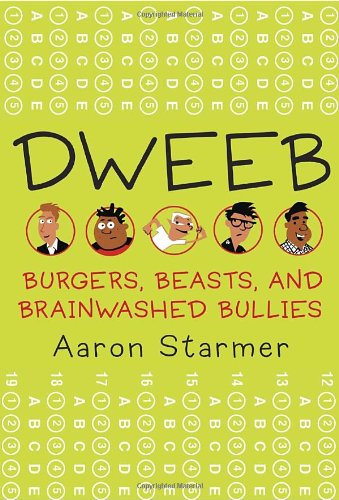 AS: Matt contacted me when our debut novels came out and we met for coffee to see if we could think up some genius marketing schemes that would benefit both books. We were new to the kidlit world and were just trying to get our bearings (I still am!). Life and other projects got in the way and we never took it much further than that. But we kept in touch a bit via Facebook and Twitter and we ran into each other at BEA (where we met you!) and saw that our new books had similar themes and would probably once again make a good pair.
AS: Matt contacted me when our debut novels came out and we met for coffee to see if we could think up some genius marketing schemes that would benefit both books. We were new to the kidlit world and were just trying to get our bearings (I still am!). Life and other projects got in the way and we never took it much further than that. But we kept in touch a bit via Facebook and Twitter and we ran into each other at BEA (where we met you!) and saw that our new books had similar themes and would probably once again make a good pair.MC: Like Aaron said, our first books came out around the same time. We were both included in a nice promotion Random House put together for debut authors, and since we are both New York-based, I thought we should put our heads together and devise a plan to dominate the publishing world (domination pending).
Who inspires you, personally or professionally?
AS: Pretty much anyone who’s stupid enough not to give up. Don’t get me wrong, anyone who loves writing and gets paid to do it is blessed and shouldn’t put up a big stink about how oh so tough it is to be an artiste, but the publishing process is full of so many rejections and knockdowns that it’s easy to say, “Screw this, I’m just going to work at a cupcake shop.” About ten years ago, I was reading a lot of Paul Auster and he talks about that stuff in his book The Art of Hunger. Books like that can be a little too self-aggrandizing, but if writers like Auster had quit early, they wouldn’t have inspired me and maybe I would have quit too, and ended up working at a cupcake shop and... well, then maybe I’d have a show on Bravo, so it wouldn’t be that bad.
MC: I wear my influences on my sleeve. Powerless was an homage not just to superheroes but to the dynamic storytelling styles of Stan Lee and Jack Kirby. The Dead Gentleman takes its cue from adventure/science fiction of the 1800s. Jules Verne, Sir Arthur Conan Doyle’s Lost World stuff. There’s even some weird pulp in there in vein of Clarke Ashton Smith. I love stories with big ideas, that really put my imagination to work. Although I have wider reading tastes as an adult, when I was younger I devoured science fiction and fantasy in all its forms — prose, comics, movies. So when I’m writing for younger readers I guess that’s what strikes my fancy. I’m writing for the twelve-year-old me. (You’re welcome, twelve-year-old me!)
For your upcoming titles, why did you want to write this book?
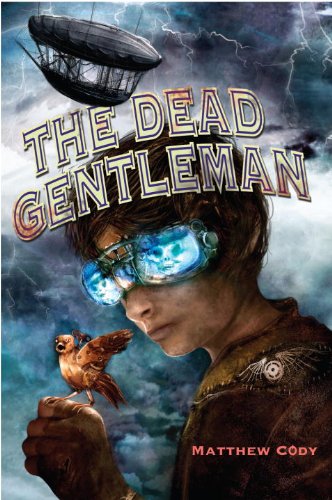 MC: It came out of my love of a certain kind of fiction (see above) but it also came from a childhood fear of mine — the closet door. My older brothers used to tease me about this, but I was convinced that my bedroom closet hid all sorts of monsters and baddies. (It didn’t help that my closet also led to the attic. Double-threat, there!) After finishing Powerless, I was looking around for my next project and talking with my editor about several possible things I wanted to work on — a historical fiction, a steampunk adventure — but none of them really grabbed me (or my editor!). But then I got to thinking about that closet door again, the closed closet door at night, and how universal that image was and I knew I needed to do something with it. In the end that idea kind of pollinated the steampunk book I was toying around with and The Dead Gentleman was born.
MC: It came out of my love of a certain kind of fiction (see above) but it also came from a childhood fear of mine — the closet door. My older brothers used to tease me about this, but I was convinced that my bedroom closet hid all sorts of monsters and baddies. (It didn’t help that my closet also led to the attic. Double-threat, there!) After finishing Powerless, I was looking around for my next project and talking with my editor about several possible things I wanted to work on — a historical fiction, a steampunk adventure — but none of them really grabbed me (or my editor!). But then I got to thinking about that closet door again, the closed closet door at night, and how universal that image was and I knew I needed to do something with it. In the end that idea kind of pollinated the steampunk book I was toying around with and The Dead Gentleman was born. AS: I was in Maine a couple of years ago and I was looking at a painting of this kid who was sort of like a modern-day wild child who lived on an island. And I instantly had this idea about a thirteen-year-old kid who lives in seclusion on an island and he decides to go explore the world, only to find out that the world isn’t there. Everyone is gone. Of course there had to be a few other characters, so I cooked up a village of oddball kids, like “The Little Rascals” as imagined by David Lynch. The world is one big playground for these kids. I had tons of Swiss Family Robinson-style fantasies when I was young and I guess The Only Ones was my way to indulge those fantasies.
What’s next for you?
MC: I’m finishing up a sequel to Powerless now, which will be out in late 2012. And then I’ll be working on another book for Knopf. In the meantime, I’ve been doing some writing for Marvel and DC comics, which has really been a blast. (You’re welcome again, twelve-year-old me.)
AS: Not anything on the publishing schedule at the moment, but at the end of The Only Ones, a new world is introduced. So I’m writing some stories set in that world and they may end up being a sequel/spin-off. I also have a few adventure stories mapped out that I have to find time for, including a whitewater rafting thriller called “Lava Falls” and a modern Western with kids on BMX bikes called “Kickstand Donkeys.”
Of course, the other thing next for these fantastic authors is a lot of publicity kind of stuff come the fall, when their new books are released — The Only Ones in September and The Dead Gentleman in November. Don’t miss them! You can learn more about Matthew Cody and Aaron Starmer at their websites, or by getting to the right Kid Lit Drink Night and sharing a drink with them — which I highly recommend. Thanks, guys!
Links to material on Amazon.com contained within this post may be affiliate links for the Amazon Associates program, for which this site may receive a referral fee.

















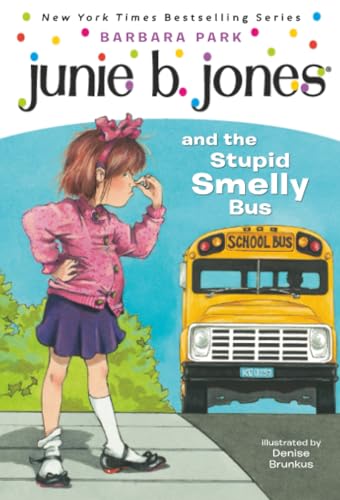



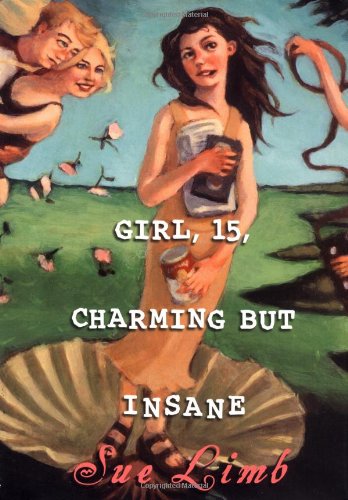
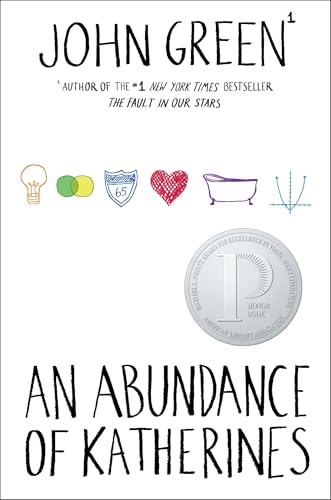
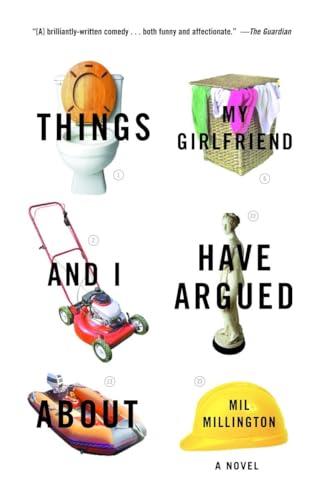
4 comments:
What a great discussion, all! And the books look awesome, too. :)
I am loving this double interview. The covers for Cody's and Starmer's upcoming novel are great.
I'm just impressed that you found MEN to interview. Men in children's lit are such a rare breed that we ought to send up flares when we find them.
Also, I'm a little disgusted that I'm so behind in my MG reading. I liked the sound of Powerless a long time ago - really need to pick it up!!
Well done for having a face-to-face convo turn into a SBBT interview!
How did I miss Dweeb? I'm hunting it down right away. And I have been surprised that "Geek American" is not used more. I may change my children's ethnicity at school to this. No one would notice.
Post a Comment